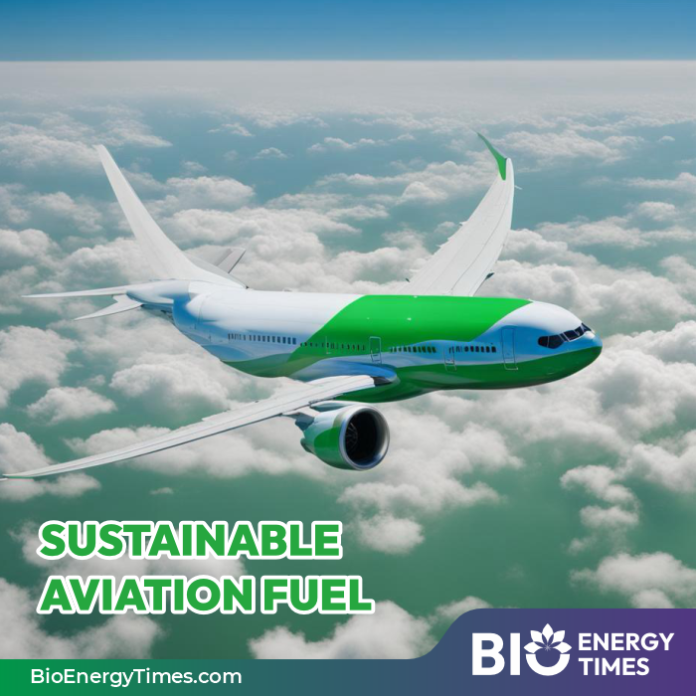Formula 1 has announced an expanded investment in Sustainable Aviation Fuel (SAF), through a new programme developed in collaboration with global partner Qatar Airways. This builds on a previous investment with logistics partner DHL and establishes a wider framework for F1 teams and the FIA to engage.
The combined SAF initiatives will reduce emissions by over 8,000 tonnes of CO2 equivalent (tCO2e) in 2024, a 19% decrease compared to traditional aviation fuel. The emissions reduction applies to F1’s air freight charter programme for flyaway events throughout the 2024 season.
This SAF investment is integral to F1’s logistics strategy and plays a key role in achieving the sport’s Net Zero by 2030 goal, which includes cutting emissions by at least 50% from a 2018 baseline. The agreement also makes F1 the first member of Qatar Airways’ SAF programme, marking a significant milestone in the airline’s sustainability efforts.
As part of its own sustainability programme, Qatar Airways has also made a substantial purchase of SAF in 2024, reducing its emissions by 19,000 tCO2e.
The move to SAF highlights F1’s broader commitment to alternative fuels across its operations. Starting in 2026, F1 cars will run on 100% advanced sustainable fuel, with Formula 2 and 3 also adopting this standard by next season. The FIA Safety and Medical Cars are already using a 40% mix of sustainable fuel.
In addition, F1 has been using biofuel-powered trucks at European Grands Prix since 2023, and from next season, key operational areas at these events—such as the pit lane and paddock—will be powered by a lower-carbon solution from Aggreko, cutting emissions by over 90%.
Globally, F1 events are increasing the use of alternative energy sources, including biofuels, green tariffs, and on-site renewable energy.
SAF is a central element of F1’s strategy to reduce its carbon footprint, with further plans to expand its use in future seasons. The sport is also rationalizing its calendar to create more efficient travel routes, including relocating the Canadian Grand Prix to May and Monaco to June in 2026. Regional hubs in Europe, the UAE, and the US are also being used to reduce travel distances for freight, while redesigned cargo containers are helping reduce emissions by 17% by fitting onto more efficient Boeing 777 aircraft.
Ellen Jones, Head of ESG at F1, said, “This investment is a key step in our alternative fuels strategy, which is vital to achieving our Net Zero 2030 target. Through collaboration with our teams, the FIA, and our partners, we are committed to reducing emissions and advancing technologies that can have a broader impact beyond Formula 1.”
To read more about Sustainable Aviation Fuel Industry News continue reading Bioenergytimes.com















